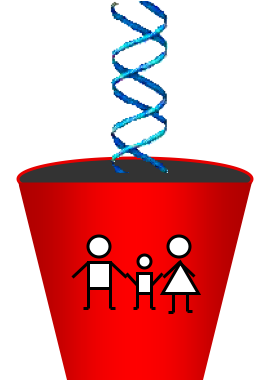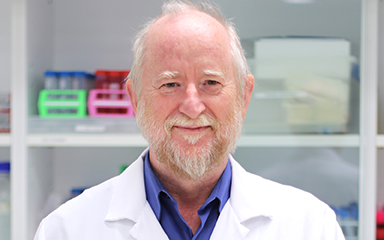Diabetes is the name given to a group of different conditions in which there is too much glucose in the blood. Glucose is the body’s main source of energy. It is converted by insulin to a form that is stored in the liver until we need it. In people with diabetes, the pancreas does not produce enough insulin. In some cases no insulin is produced. Without insulin, the glucose remains in the blood and can damage organs.
There are two main types of diabetes: Type 1 and Type 2. In Type 1 diabetes (T1D), the pancreas cannot produce insulin because the cells that make the insulin have been destroyed by the body’s own immune system. The insulin must be replaced with multiple injections.
People with Type 2 diabetes are insulin resistant, meaning their pancreas can make insulin but the insulin is not working as well as it should. The level of glucose in the blood cannot remain at a safe level. In the past, Type 2 diabetes was commonly seen only in adults. However, due to a reduction in the amount of exercise and an increase in the consumption of energy-rich foods, children are now being diagnosed with this serious disease: child-onset Type 2 diabetes (cT2D).




